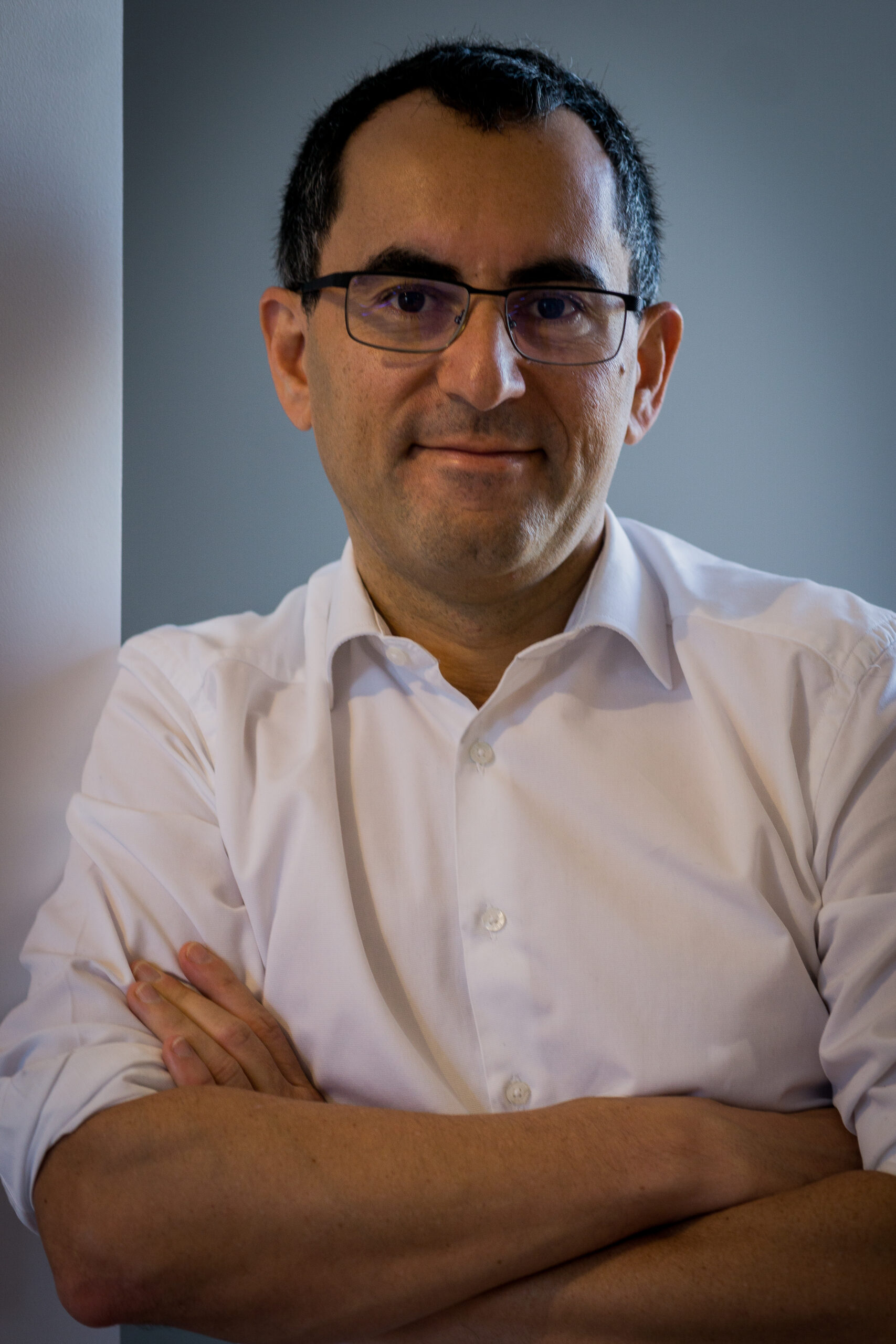Mathieu Girard has already lived the indie dream. In 2011, he and Romain de Waubert de Genlis founded Amplitude Studios, the well-regarded makers of strategy games, such as Endless Space and Endless Legend. How good was its reputation? Strong enough that Sega acquired the company back in 2016.
Girard left Amplitude in January, and now, he’s ready to talk about his next adventure … a tactical one. Today, he’s announcing his new company, Tactical Adventures. It’s a studio in Paris that wants to make PC role-playing games that blend the rich stories of classics like Baldur’s Gate with the tactical choices you make in games like XCOM. It’s working on a yet-to-be announced game, one that will use the Dungeons & Dragons Fifth Edition Open Game License (OGL). This means that it’ll use the base rules, but it won’t feature any of the worlds (such as the Forgotten Realms) that belong to Wizards of the Coast.

Unlock premium content and VIP community perks with GB M A X!
Join now to enjoy our free and premium membership perks.
![]()

![]()